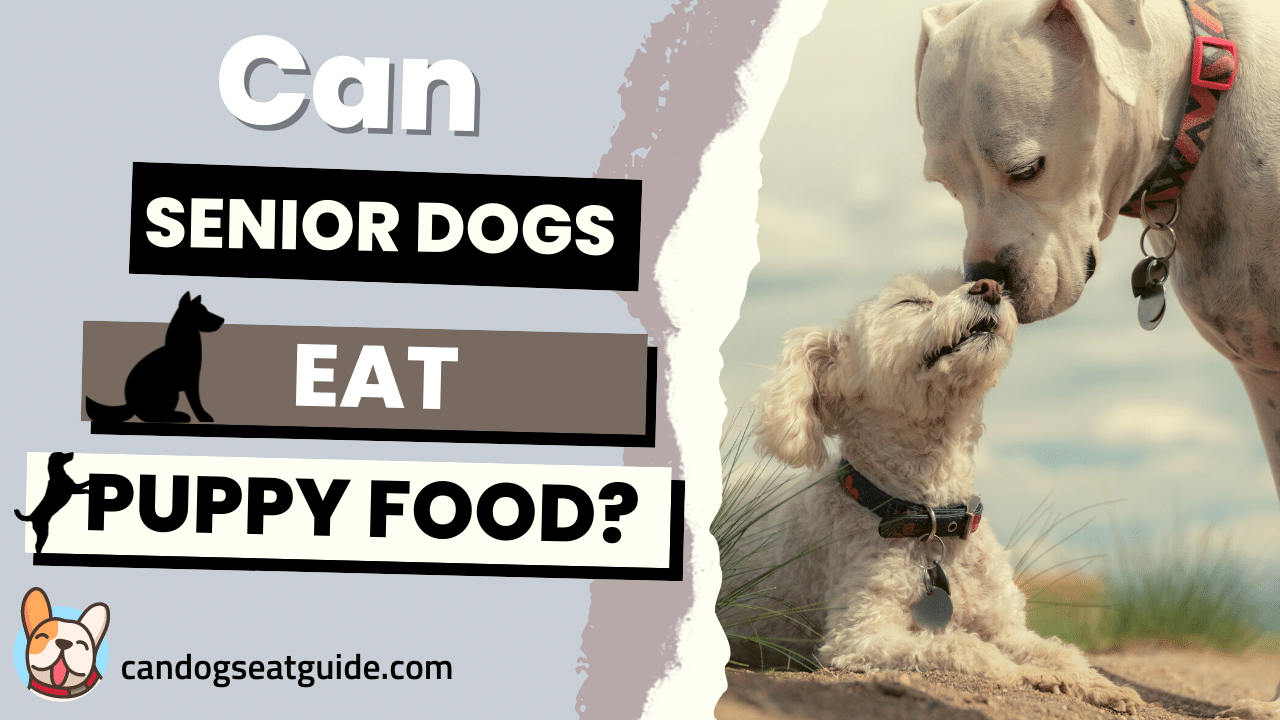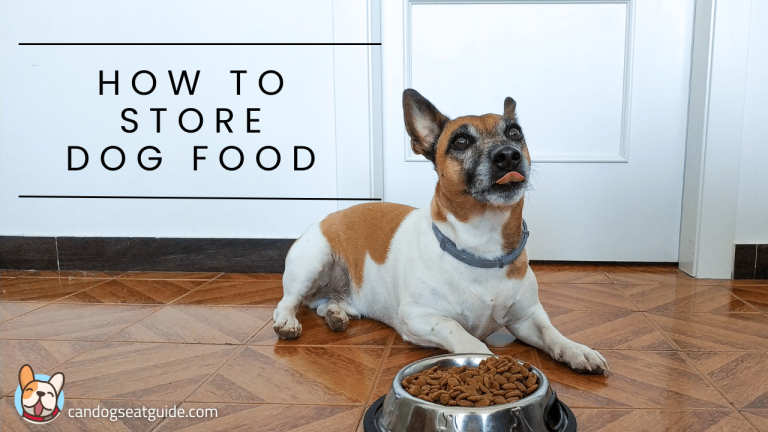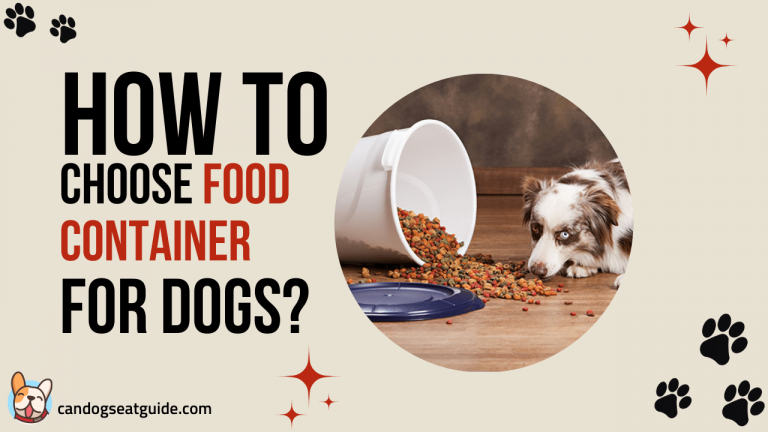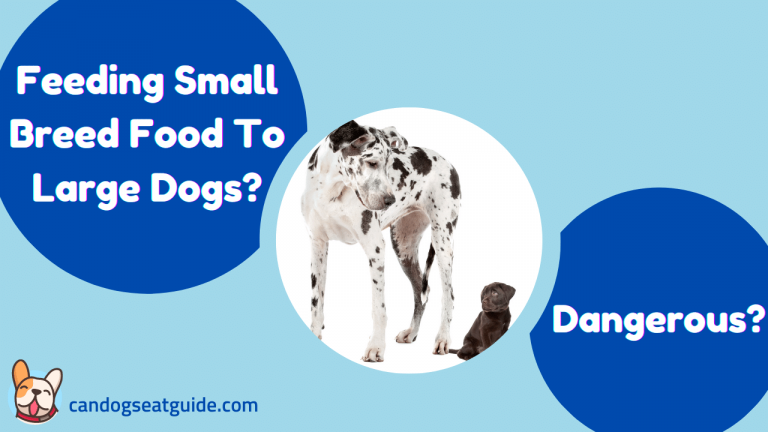Soon I was asked why there are different types of foods for puppies, adult dogs, and senior dogs. There are also different foods for the different breeds. And I was like it’s time to talk on this serious topic here too. It’s not for the variety of the market. Everything is made with a good reason.
Are you having a senior dog and puppy? Are you like: can senior dogs eat puppy food? And vice versa?
If you are reading this article I hope it’s before you did the mistake of switching the food.
Nutritional Needs
I am starting directly with the most important part of this article. The nutritional needs of puppies and senior dogs are different and we need to learn the difference – in what stages of their life what nutrition they need.

Why it’s important to know that?
To be a dog parent is a responsive duty and you should always be trying to provide the best for your dog no matter age, size, or breed. And if you have dogs of different ages knowing their nutritional needs will be easier for you when choosing dog food or when you don’t know what treats to buy.
I know that there is a lot of information on the Internet about dogs’ nutrition but almost all of them are too long or boring and in the end, you forgot what you read in the beginning. That’s why we are here today, to give you all the information you need but in a better way.
If you don’t know how to choose the right food for your senior dog, here we can help you with this guide How to Choose The Best Food for Senior Dogs.
Protein for senior dogs VS Protein for puppies
Commercial dog food for senior dogs contains around 28% to 32% protein. Senior dogs need much more protein than adult dogs as they aren’t already that active but they still need to save muscle mass.
There are many cases where dogs lose almost all of their muscle mass and that results in the inability to walk without any help. Because of that inability dogs are inactive which makes them lazy and easy to gain weight.
Puppy foods are also high in protein but usually not as much as senior dog food. Puppy food contains between 22% and 32% protein. They need most protein for a short period of time right after weaning and slowly they should get less protein after that. The diapason of 22%-32% is the most optimal and it’s helping a lot for the fast and optimal growth.
Best sources of protein:
Puppies and senior dogs need a lot of protein but it needs to be of high quality.
Dogs are omnivores so they can eat both meat-based and plant-based diets. The high-quality protein in the meat-based diet can be from chicken, lamb, and beef. For plant-based diets, dogs can get it from soybean – the highest quality – rice, corn, and wheat.
Fat for senior dogs VS Fat for puppies
Senior dog foods aren’t rich in fat and that is very reasonable. Fat is needed for energy. Senior dogs aren’t as energetic as puppies so they need less fat. The healthy diapason of fat a senior dog should get from its food is 8%-12%. This stage is usually connected with gaining weight because of less activity that’s why you shouldn’t be giving extra fats from human food. Extra fats can lead to obesity or pancreatitis.
Puppies need a bit more fat. Don’t get too surprised but puppies need to get on a daily basis around 10%-25% fat. Double than senior dogs, right? But that is normal. They need much more energy as they are all day running around.
Best sources of fat:
Carbs for senior dogs VS Carbs for puppies
Carbs are the source of fast energy. They are also the main source of dietary fiber that dogs digestive system need. There are 2 types of fiber that dogs need:
- soluble fiber;
- insoluble fiber.
Soluble fiber dissolves in water. It improves digestion and reduces blood cholesterol and sugar. That way it also reduces the risk of diabetes.
Insoluble fiber helps in softening the stool. It is the main helper of the bowel and the regular poop. Supports insulin sensitivity.
If your dog suffers from constipation it means that it doesn’t get enough fiber from the food. Then you should increase dogs’ fiber intake.
The carbs needed for senior dogs are around 50%. Wow. So much. And now let’s compare it to the puppy’s needs.

Puppies need a maximum of 20% of carbs in their diets.
Best sources of carbohydrates:
Can Senior Dogs Eat Puppy Food?
Senior dogs shouldn’t eat puppy food.
Why?
Senior dogs aren’t as active as they were as puppies. As you already know they need a different amount of the 3 main components in food – protein, carbs, and fat. But they also need a different amount of vitamins and minerals. Senior dogs need more protein and carbs but fewer fats than puppies.
Puppies need much more calories but this won’t be suitable for senior dogs as they are usually having problems with their weight.

Puppies’ food is high-caloric and rich in fats. Senior dogs won’t feel good on this type of food as they can’t burn that many calories. And high amounts of fats and calories can weight to obesity.
Can Senior Dogs And Puppies Eat The Same Food?
Don’t worry it’s not the same question as can senior dogs eat puppy food.
You maybe have seen in pet shops or online that there is a food called “for all life stages”. It is made for puppies, adult dogs, and senior dogs. I personally don’t recommend this type of food as I know already the difference in nutrition they need through the different stages of life.
But how they have decided how much protein, fat, and carbs to put?
They have made a lot of research to make the food suitable for all stages but I don’t believe much in this type of food. As dogs need different nutrition during their life stages different breeds need different nutrients too.
But is it good enough?
Let’s take for example carbohydrates. Puppies need a MAXIMUM of 20% while senior dogs can be fine with 50%. That’s a huge difference. Let’s say this food contains 25% of carbs. Puppies will get too much of it while it will be too little for senior dogs.
For me, as a dog parent, good enough isn’t even an answer.
Conclusion
Senior dogs should not eat puppy food and puppies should not eat senior dog food. During the different stages of life, dogs need different amounts of nutrition.
As we, humans, are individuals, dogs are too. If your dog is having some health issues then it will be best to discuss what food will be suitable with the vet of your dog. Take the advice that is needed at the right time.
Share with us if you have a puppy, adult dog, or senior dog and what you think on this topic. We are always open to discussing.









